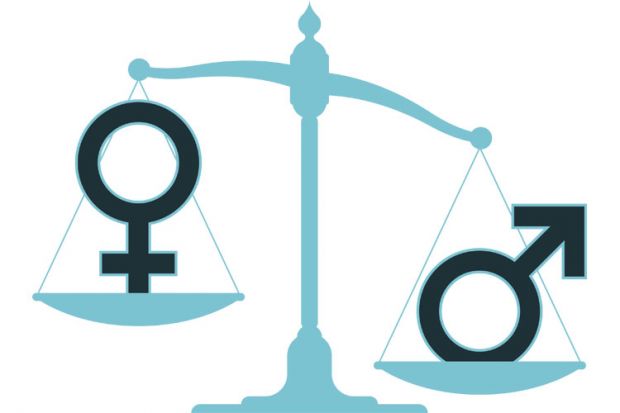The document, released ahead of International Women’s Day on 8 March by the Royal Historical Society, says that an “invisible bias” and the “silencing of women” are rife in academic life.
More than 20 per cent of historians surveyed said they had experienced, observed and suspected gender discrimination in meetings, promotion decisions, the membership of committees and the allocation of administrative and pastoral roles.
In the report foreword, Jinty Nelson, emeritus professor of medieval history at King’s College London, says: “‘Invisible, or unconscious, bias’, ‘stereotype threat’, and ‘the silencing of women’, are unfortunately still rife in our professional experience.
“Contracts not specifying sabbatical leave, and inadequate provision for those with caring responsibilities, smack – still – of the 1970s,” she says, adding that the report is an “urgent summons” to action on the matter.
The report, Gender Equality and Historians in UK Higher Education, draws on a survey of 707 history academics and finds that policies against discrimination based on gender are not working. “If they were working effectively, there would by now be far more women professors of history and a more equal balance among permanent academic staff,” says the report.
The RHS pointed out that according to Hesa, only 20.8 per cent of history professors in the UK are women, even though 40 per cent of academic staff overall are women and the balance is roughly equal among students, both undergraduate and postgraduate.
Two-thirds of respondents to the survey rated their institutional gender policies as poor or average, with women taking a “more critical attitude” than men on the question.
Around 20 per cent had a specific instance of bias, discrimination or harassment to report. A quarter of respondents had experienced, observed or suspected gender discrimination in promotion decisions and the allocation of major administrative roles. Meanwhile 22 per cent noted it in conduct at meetings and 12 per cent in invitations to deliver keynote lectures.
“Anyone committed to improving gender balance therefore has to think more radically to develop policies that can help to overcome invisible or unconscious bias and the resulting experiences of stereotype threat and the silencing of women,” the report says.
It recommends history departments carry out an equities audit and consider applying for the Equality Challenge Unit’s Gender Equality Charter Mark.
It also outlines steps institutions can take to address invisible bias during recruitment, promotion and career development, as well as encouraging gender balance when inviting academic speakers.
Register to continue
Why register?
- Registration is free and only takes a moment
- Once registered, you can read 3 articles a month
- Sign up for our newsletter
Subscribe
Or subscribe for unlimited access to:
- Unlimited access to news, views, insights & reviews
- Digital editions
- Digital access to THE’s university and college rankings analysis
Already registered or a current subscriber? Login




